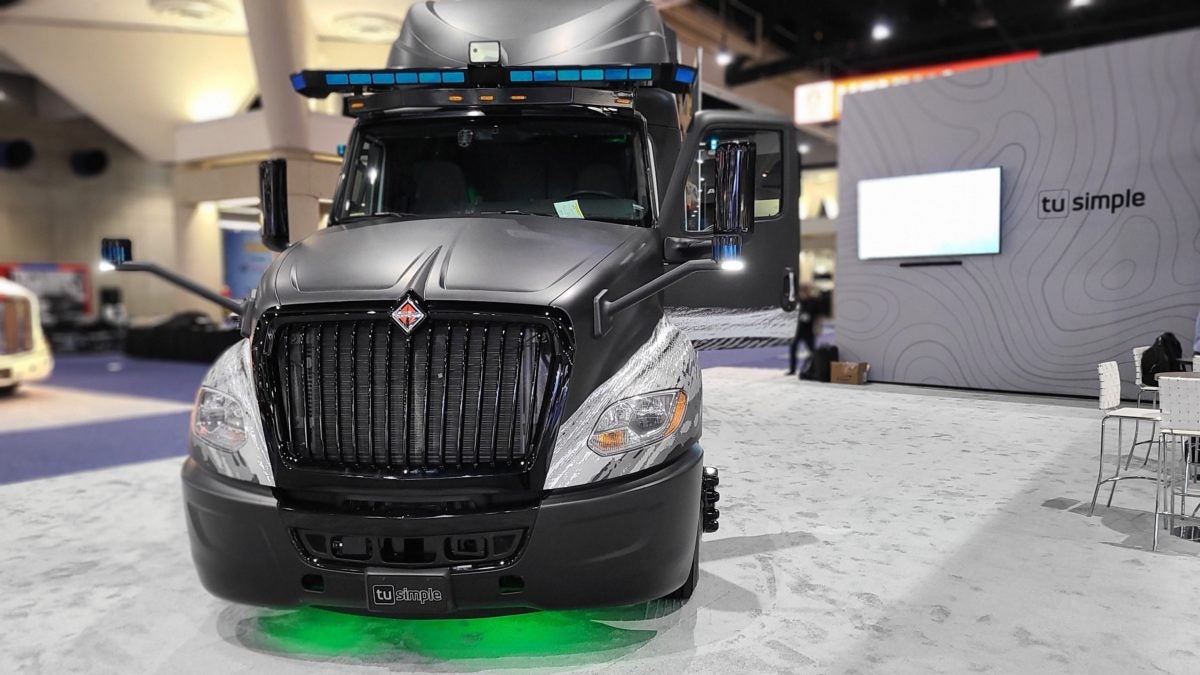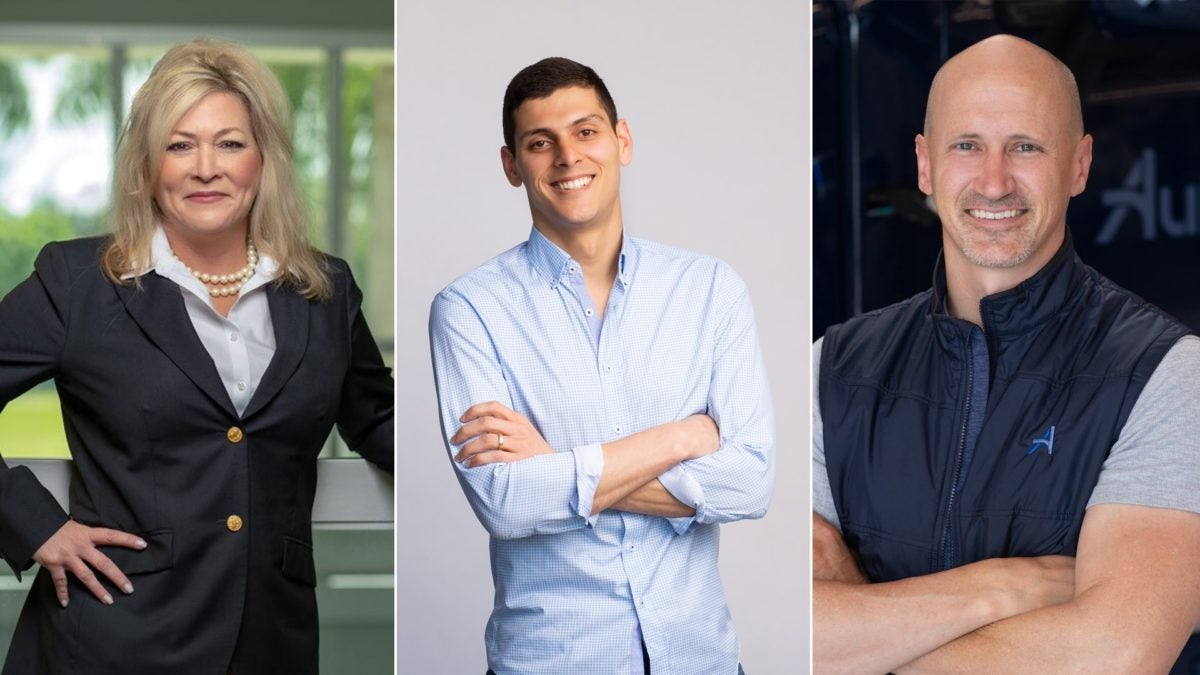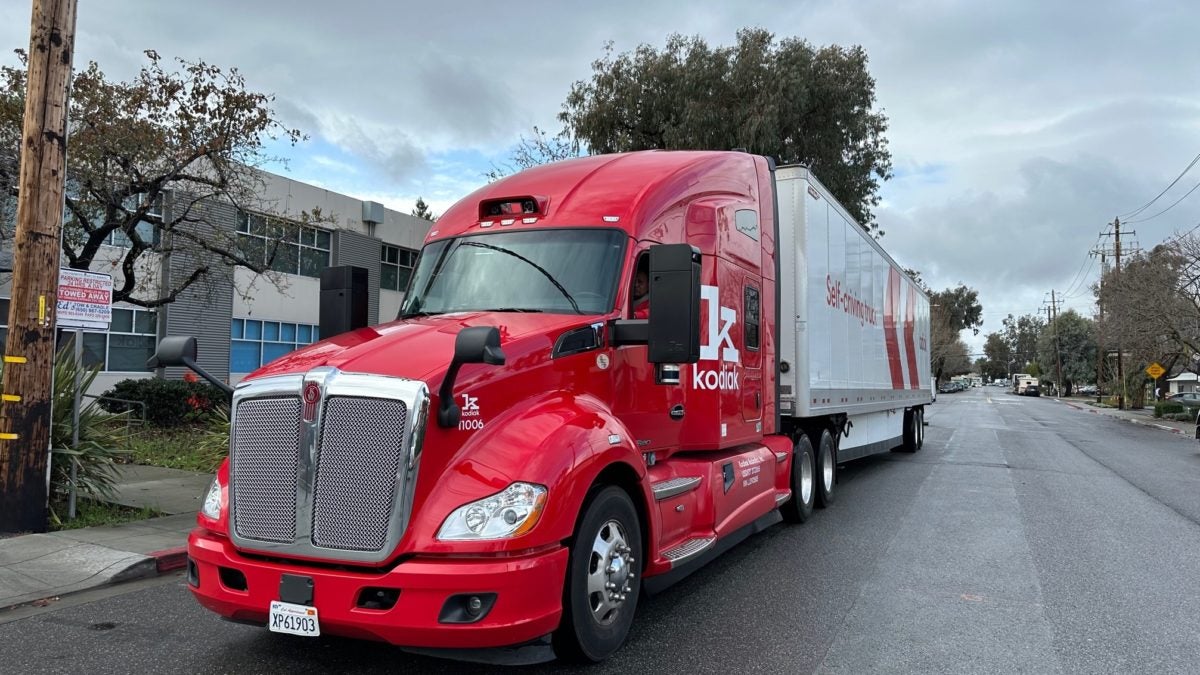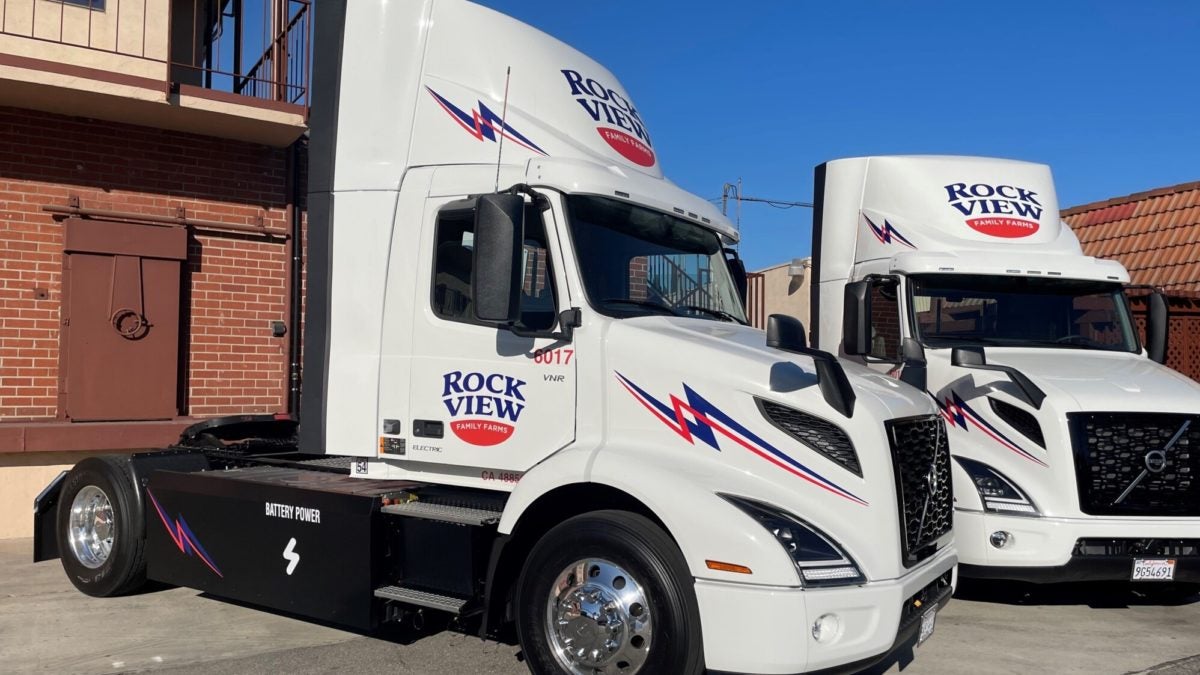How soon will we see an autonomous trucking shakeout?
It is pretty much acknowledged across the trucking industry that a consolidation of players in autonomous trucking is coming. Money is tight. Borrowing is expensive.
Share prices and corresponding book values are in the dumper.
The coming shakeout
No single factor proves a shakeout among autonomous trucking players is coming. But an accumulation of evidence suggests that not all of today's entrants will survive as independents. PitchBook writes of mobility tech in its 2023 Industry and Technology Outlook that the unprecedented amount of capital flowing into autonomous driving and electrification over the last five years is over.
Opportunities to go public are practically nil compared to the special purpose acquisition frenzy of 2020 and 2021. In fact, companies that choose the less-regulated and easier route to public ownership via special purpose acquisition company -- SPAC -- partnerships are hurting most. Pitchbook found that venture capital inflows to mobility technology companies finished dead last compared with 30 other verticals.
"The market capitalization of several public mobility startups has plummeted below the level of cash on their balance sheets, thus leaving them vulnerable to take out and liquidation," wrote Jonathan Geurkink, PitchBook's emerging technology senior analyst.
Already gone
Recent examples of a new reality: Ford Motor Co. and Volkswagen shuttered self-driving startup Argo AI. The overcrowded lidar sector saw the merger of early leader Velodyne with rival Ouster. SPAC-backed startup Nikola Corp. rescued Romeo Power, not from altruism but because it was Romeo's biggest customer and held hostage Nikola's supply of battery packs.
"How many long-haul autonomous trucking companies do you need?" asked Mark Norman, managing partner of FM Capital, an automotive-focused investment firm based in Boulder, Colorado. "The market has gone so low that the total is worth less than the sum of its parts.
Investors in the market are factoring burn [rate] into it, and they don't think it will find a safe landing."
More cash than book value
TuSimple Holdings is one example where the cash on its balance sheet is more than double the book value of the company. Could a company attempt a takeover just to bank a quick profit? Not likely, another VC said.
 TuSimple's latest iteration of its Level 4 autonomous truck was on display at the American Truck Associations' management conference and exhibit in October 2022. (Photo: Alan Adler/FreightWaves)
TuSimple's latest iteration of its Level 4 autonomous truck was on display at the American Truck Associations' management conference and exhibit in October 2022. (Photo: Alan Adler/FreightWaves)
"If the company is valued at less than the cash, then basically the message from the investors is that 'we don't believe that this is a viable business,' which also means that they can't raise any more money," said Harpinder Singh, a partner at Innovation Endeavors in Silicon Valley.
A series of missteps has left TuSimple trading just above £2 a share and a market capitalization of about £449 million compared to £8 billion when it went public in April 2021. "I think there are more than TuSimple that are in the same bucket," Singh told me. "I think it's better for their shareholders to get acquired than to liquidate."
Consolidation consensus
Across the industry, acknowledgement of a coming shakeout is practically unanimous. "Having the proof of their technology and what they've actually done, I think will go a long way in helping them to sort [out] some of the challenges around that," said Karen Jones, executive vice president and chief marketing officer for Ryder System Inc.
"But each one has a different proposition and a different value. And [Wall] Street will reward those who they believe in and vice versa. But most of them have a pretty good amount of cash on hand, so hopefully they can stay the course.
Ryder has partnerships across commercially focused autonomous trucking, including an investment in middle-mile provider Gatik. "No one really knows the clear winner at the end of the day," Jones told me. "Being part of that ecosystem with several of them I think really helps us understand a little bit better who we think the winners will be in the longer term."
'At least a couple' of mergers likely in next 18 months
Sam Abidi, chief commercial officer at Embark Trucks, which could itself be an acquisition target given its capital constraints, predicts "at least a couple" of mergers in the next 18 months. "Every AV player has had to ask themselves, 'How can we tighten the belts?' We saw AV players pull a lot out and not alter what they were going to deliver," Abidi said. "I was shocked by the degree to which that adjustment could be made."
Sterling Anderson, co-founder and chief product officer of Aurora Innovation, looks beyond dollars to execution. "The question is can you get to a scalable product without a deep partnership with a truck OEM who is willing to build trucks integrated with your systems that meet your system-specific requirements, etc.," he told me. Aurora has nonexclusive manufacturing partnerships with Paccar Inc. and Volvo Trucks.
"The big gamble is can you, by simply letting a carrier own the asset, turn that into pressure from that one carrier to OEMs who have already chosen their autonomous partners, to be willing to build a truck for them for your particular system?"
 Industry voices on an autonomous shakeout are, left to right, Karen Jones, executive vice president and chief marketing officer for Ryder System Inc.; Sam Abidi, chief commercial officer for Embark Trucks; and Sterling Anderson, chief product officer and co-founder of Aurora Innovation. (Photo combination: Jim Allen/FreightWaves)
Industry voices on an autonomous shakeout are, left to right, Karen Jones, executive vice president and chief marketing officer for Ryder System Inc.; Sam Abidi, chief commercial officer for Embark Trucks; and Sterling Anderson, chief product officer and co-founder of Aurora Innovation. (Photo combination: Jim Allen/FreightWaves)California takes early step toward autonomous truck rulemaking
California is taking its first step toward coming up with rules that would allow autonomous trucks more freedom to run on its roadways. On Dec.
30, the last working day of 2022, the state announced it would hold a workshop/listening session on Jan.
27. That followed months of meetings and cajoling by AV company public policy leads and the Autonomous Vehicle Industry Association trade group.
"The workshop is an unofficial start to the rulemaking," said Monika Darwish, senior corporate counsel at Kodiak Robotics. "In the past, it's taken about a year and a half for official rules to come out." Meanwhile, autonomous trucking investment continues to largely shun California, where many of the companies are headquartered. Kodiak, for example, works on prototypes for future-generation driverless trucks in Mountain View south of San Francisco.
But the majority of its operations with 29 trucks are in Texas. "I think companies like Kodiak have been reticent to invest in operations in California," said Dan Goff, Kodiak's head of external affairs. "This [workshop] is the thing the industry has been looking for for more than two years."
 Kodiak Robotics keeps just a few of its autonomous trucks at its headquarters in Mountain View, California. Most are in Texas, where operating rules are friendlier than in California. (Photo: Alan Adler/FreightWaves)
Kodiak Robotics keeps just a few of its autonomous trucks at its headquarters in Mountain View, California. Most are in Texas, where operating rules are friendlier than in California. (Photo: Alan Adler/FreightWaves)Best of the rest ...
Daimler Truck Holding AG's vehicle sales rose 14.2% in its first year as a stand-alone business.
Sales rose 15.2% at Daimler Truck North America to 186,779 units. As a company the German truck and bus manufacturer delivered 520,291 vehicles in 2022 compared with 455,445 in 2021. Hyzon Motors appointed John Edgley president of international operations.
He will oversee and manage the fuel cell electric truck company's Europe, Australia and New Zealand business regions. Mark Hernandez, Navistar executive vice president of Manufacturing, will become CEO of The Eastern Co., an industrial manufacturer for commercial transportation, logistics and other industrial markets. Hernandez led development of Navistar's new manufacturing plant in San Antonio and previously built plants for Daimler Truck North America.
Hyliion Holdings named Jay Craig, former Meritor Inc. CEO and executive chairman, as its chairman, succeeding Ed Olkkola, who recently died of cancer. Craig joined Hyliion's board in February 2022 after retiring from Meritor, which Cummins Inc. purchased the same month for £3.7 billion.
A family-owned dairy business in Southern California is getting the last two first-generation Volvo VNR Electric trucks funded through the Volvo LIGHTS project. Rockview Farms provides farm-to-customer deliveries of local California milk.
 Volvo Trucks North America provided the last two first-generation Volvo VNR Electric trucks used in the Volvo LIGHTS project to a dairy transport business in California. (Photo: Volvo Trucks North America)
Volvo Trucks North America provided the last two first-generation Volvo VNR Electric trucks used in the Volvo LIGHTS project to a dairy transport business in California. (Photo: Volvo Trucks North America)That's it for this week. Thanks for reading. Click here to get Truck Tech in your email on Fridays.
And watch new episodes of Truck Tech on Wednesdays on FreightWaves TV.